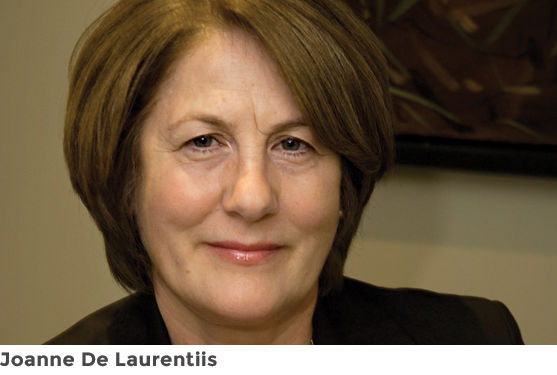The Investment Funds Institute of Canada (IFIC) argues that there is no need to create a voluntary supplement to the Canada Pension Plan (CPP), and says the government should use its resources to encourage more people to save for their retirement through existing workplace and individual plans.
 In its submission to the federal government's consultation on expanding the CPP, IFIC relies on research by McKinsey and Co. which suggests that there is no widespread retirement crisis in Canada, and that are relatively few people who are at risk of retiring with significantly less disposable income than they had during their working years. According to McKinsey, only about 17% of Canadians may end up having to live on much less than they earned when they were working, and for the most part these are people who come from middle and upper-middle income households.
In its submission to the federal government's consultation on expanding the CPP, IFIC relies on research by McKinsey and Co. which suggests that there is no widespread retirement crisis in Canada, and that are relatively few people who are at risk of retiring with significantly less disposable income than they had during their working years. According to McKinsey, only about 17% of Canadians may end up having to live on much less than they earned when they were working, and for the most part these are people who come from middle and upper-middle income households.
Instead of expanding the CPP, IFIC is recommending much the same thing as the Investment Industry Association of Canada did in its submission last month, namely that the government should change legislation to make RRSPs and TFSAs more attractive. For example, employer contributions to group RRSPs could be exempted from payroll taxes. IFIC also suggests that the government could make it mandatory for every employer to offer a retirement savings program with locked-in features, while keeping employer matching contributions voluntary.
“Currently, participation in most workplace plans (other than defined benefit plans) is voluntary, making it easy for individuals who should participate to choose not to enrol,” says Joanne De Laurentiis, president and CEO of IFIC. “As a starting point, the government could increase employee participation in existing defined contribution, group RRSP and TFSA plans by facilitating such proven behavioural techniques as auto-enrolment and auto-escalation. These measures should be augmented with targeted public awareness campaigns aimed specifically at ‘nudging’ those people most at risk of under-saving for retirement to save more.”







